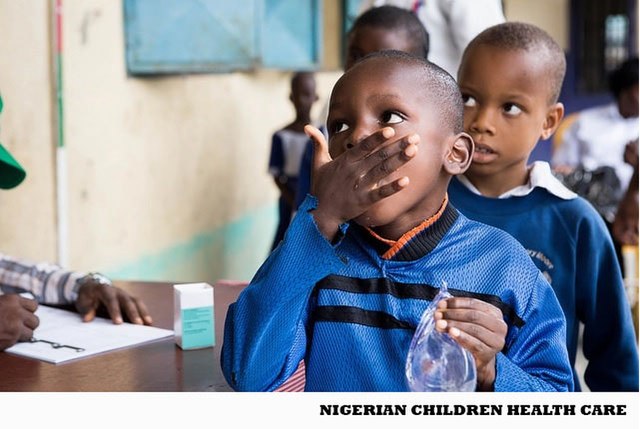Nigeria Faces Worst Cholera Outbreak in Years
Anna Thibodeau
Staff Writer
In August, Nigeria faced a growing cholera outbreak amidst a rise in COIVD-19 cases. 69,925 suspected cholera infections have been recorded in 25 out of 36 states and 2,300 people have died as of September 5,according to Africa News. Deaths totaled 653 on August 3 and jumped to 2,323 in just over month, according to the Sept. 5 statistics. Nigeria does not experience a nationwide outbreak every year, but the bacteria is seasonal and endemic in the northern states. This year’s outbreak already has a higher fatality rate than the endemics of the past four years. There have been three other cholera outbreaks in the past two decades: 2010, 2014, and 2017. According to epidemiological patterns, the fatality rate of the current outbreak is expected to outpace the death toll from all three previous outbreaks, as stated by the Outbreak Observatory at Johns Hopkins Bloomberg School of Public Health.
All 19 states in the northern region make up 98 percent of Nigeria’s total suspected cases. The rainy season as well as Nigerian militia battling Islamic militants along their northern border have both made it extremely difficult for the Nigerian government to respond to this health crisis in many hard-to-reach northern states, according to CNN. Many officials believe the suspected 2,323 deaths is a vast underestimation due to a lack of communication with remote states, as stated in the Associated Press. The Kogi state, which has the second highest fatality rate in the country because it is in a hard-to-reach area, is currently at a 24.5 percent fatality rate.
According to the World Health Organization, “cholera is an acute diarrheal infection caused by eating or drinking food contaminated with Vibrio cholerae.” It takes anywhere between 12 hours and five days for a person to begin showing symptoms and can kill both adults and children within hours if left untreated. Children ages five to 14 are at the highest risk with a fatality rate of 3.3 percent. If caught early, the disease is easily treatable with an oral rehydration solution according to Food Safety News. Most infected people are asymptomatic, but the bacteria are still present in their feces for up to ten days.
CNN states there is a strong correlation between the states with the most fatalities and states which scored low on the health preparedness index from this past May. Nigeria is Africa’s most populous country with 200 million citizens. However, only 14 percent of Nigerians have access to a safely managed drinking water supply; a United Nations study from 2019 stated only 21 percent have access to safely managed sanitation services.
Open defecation and contaminated water are the two main causes of cholera each season in Nigeria. According to 2020 data used in Africa News, 30 percent of Nigerian residents still practice open defecation in 14 states. This is especially dangerous because infected people are shedding the bacteria back into their environment.
The NCDC advises all residents to boil water before drinking, make sure bottled water is properly sealed, wash their hands frequently, ensure all food is well cooked, fruits and vegetables are washed with safe water, and to avoid open defecation. There has also been a call for the Nigerian government to strengthen water sanitation and hygiene.
Africa News reports that Nigeria is currently struggling with multiple disease outbreaks, and the cholera outbreak has been worsened by a resurgence of COVID-19 cases from the delta variant. Less than 1 percent of Nigeria is fully vaccinated. The cholera outbreak has created a new sense of urgency to make vaccines more available. The Nigerian government claimed prior health crises have helped then prepare for this outbreak, however many people still cannot reach proper care or are being turned away by full hospitals.




